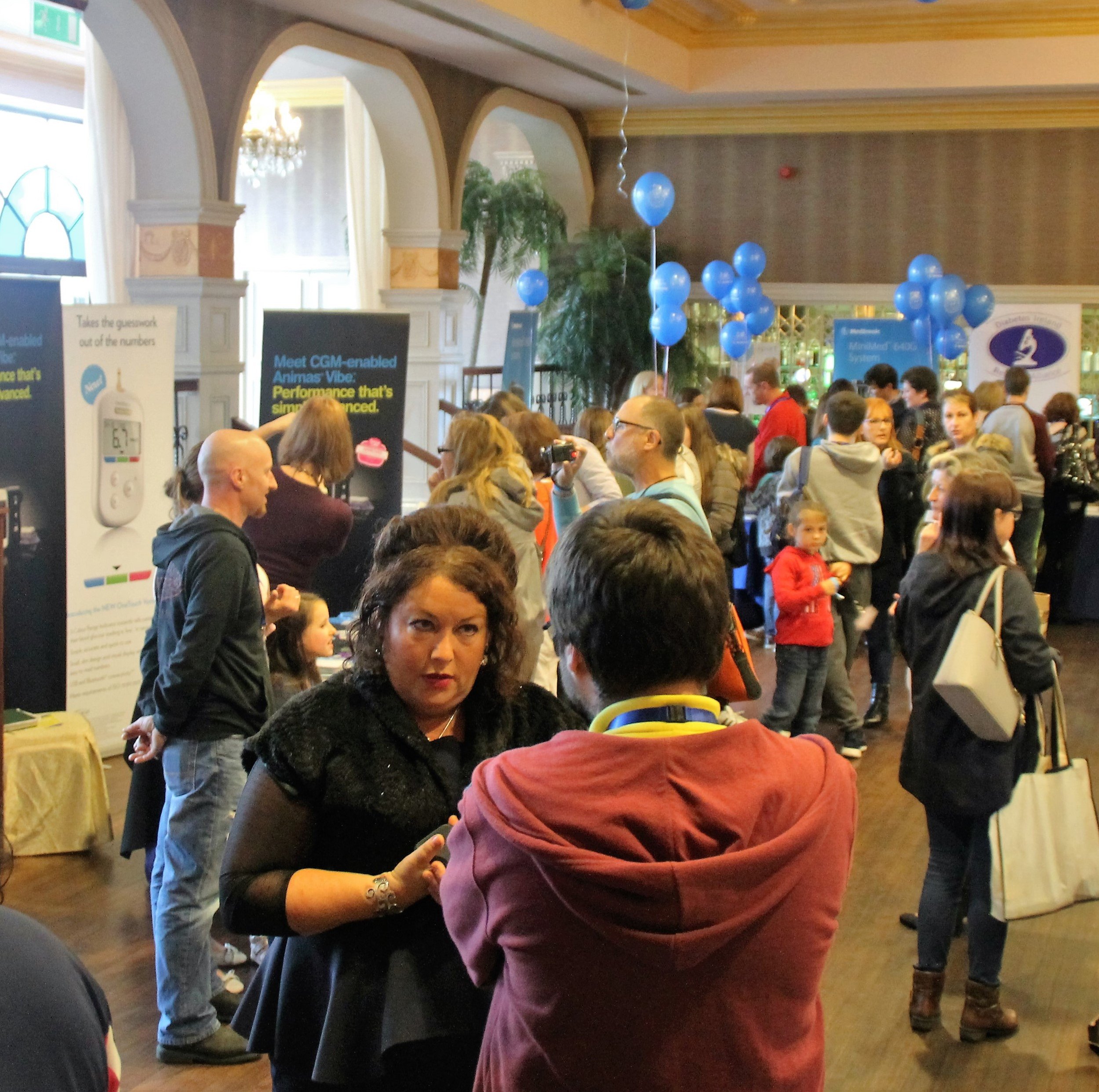I wanted to write this post six months ago but finding time to write seems to be a luxury I can’t find these days. However, the timing is perfect now because of the support I have felt from the diabetes community in the last couple of months. I’ve never felt more supported by my peers with diabetes, felt more a part of a like minded community and part of something really big.
Being part of Diabetes Sisters is like this too. DiabetesSisters.org is a nonprofit organization specifically for women with diabetes. They are a support and education machine and do so by encouraging, empowering and training women to form PODS (Part of Diabetes Sisters) in their local area. I seriously wish we could bottle and ship here to Ireland. Oh wait, we could. Keep reading! With only 3-4 paid staff based all over the US, Diabetes Sisters use technology to make sure their PODS leaders are fully supported. This means we could have PODS in Ireland:-D
I met Anna Norton, Diabetes Sisters CEO in 2015 in Florida at Friends for Life, where she facilitated one of the workshops I attended. I’ve since discovered that we were diagnosed the same year, our sons are close in age and she too, has a husband who says “you should do it!”
When I won a scholarship to attend the DiabetesSisters Weekend for Women conference Alexandria, Virginia Last October, I was so excited to have a chance to meet up with Anna again and make some new friends. (See the very end for my disclaimer.)
Even though, the weekend was packed with educational presentations and peer support sessions, there was lots of down time and socializing. This conference nurtured diabetes advocacy by the buckets!
PODS (Part Of DiabetesSisters) Meetups: A DiabetesSisters signature program
PODS Meetups are an opportunity to share experience, information, and support with others who have been there too.
Meet in person or online with other women living with diabetes for peer support, education, and encouragement.
Women age 18+ living with any type of diabetes or prediabetes are welcome, regardless of whether they were diagnosed yesterday or 40+ years ago.
We strive to create an open, respectful environment for women with diabetes and prediabetes to truly focus on their health.
Find out more about becoming part of DiabetesSisters HERE.
History
Brandy Barnes founded DiabetesSisters in 2008 and served as the organization’s CEO until 2015. She was Diagnosed with type 1 diabetes at the age of 15 (1990), she quickly dove into learning all she could about the disease. The more she learned, the more she wanted to help others with the disease.
It was during her pregnancy with her daughter that she began to feel isolated and overwhelmed. She could not find specific resources for women with diabetes going through pregnancy. Thus began her vision for DiabetesSisters, a place where women with diabetes could get answers and support.
DiabetesSisters recognizes that emotional and peer support is vitally important to a woman's overall wellbeing. Through DiabetesSisters' education and support services, women form a special bond and can freely share information, helpful tips, and stories of hope.
Disclaimer: Diabetes Sisters paid for my conference registration and accommodation but also gave me a contribution towards my travel costs. All they asked for in return was that I would write a blog post about the conference which I had to do anyway because I learned so much that needs to be shared;-)






















